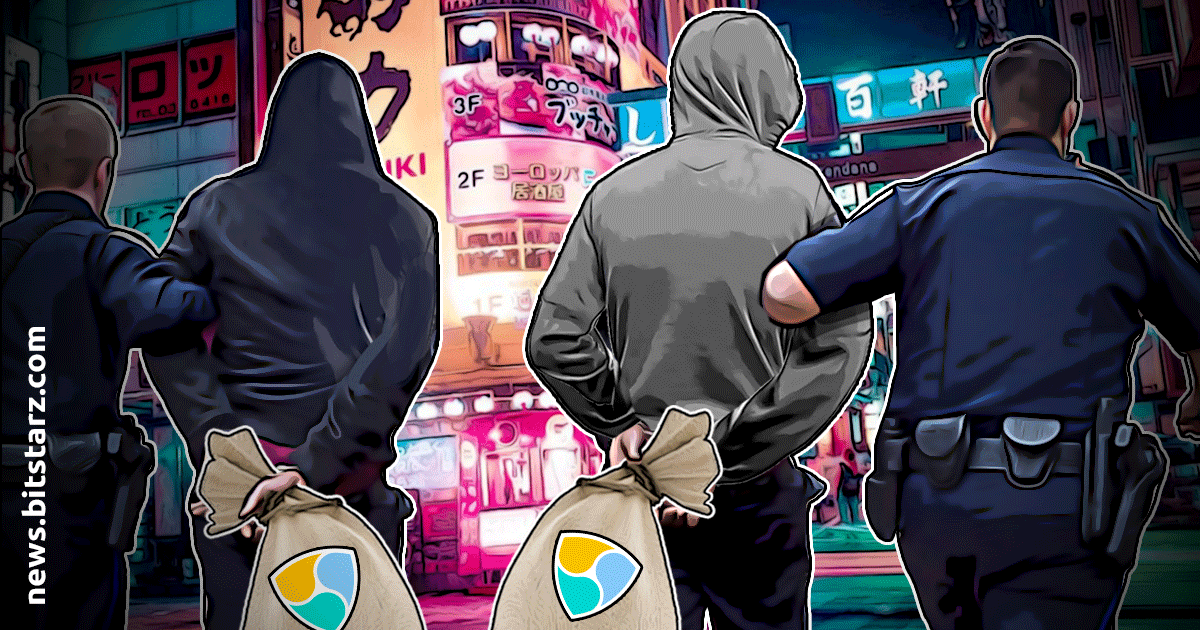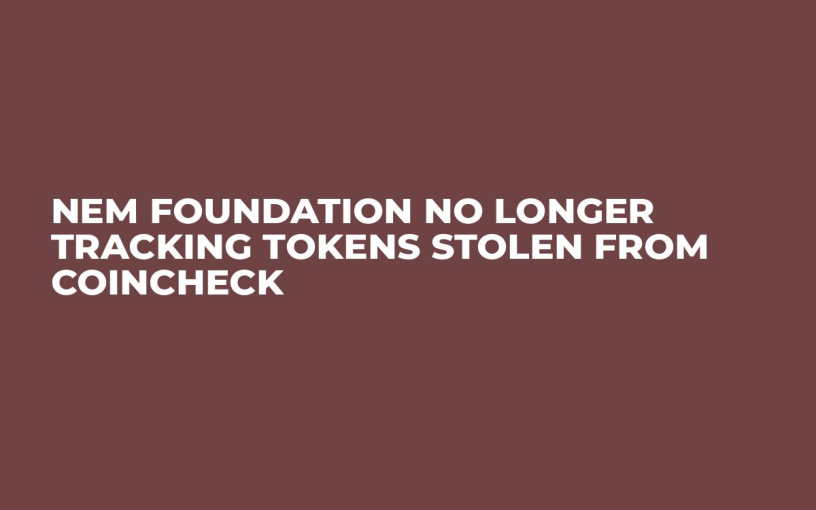
In the wake of the MtGox scandal, Japan passed a law on cryptocurrencies that requires exchanges to be regulated by the FSA.Ĭoincheck had submitted an application to the FSA for a licence and was allowed to continue operating while it awaited a decision, the agency said.The January 26 hack, which saw thieves syphon away 523 million units of the cryptocurrency NEM, exceeds the $480 million stolen in 2014 from another Japanese virtual currency exchange, MtGox. Many Japanese, especially younger investors, have been seduced by the idea of strong profits as the economy has seen years of ultra-low interest rates offering little in the way of traditional returns. Japan is a leading market for cryptocurrencies, with nearly one third of global bitcoin transactions in December denominated in yen, according to specialist website .Īs many as 10,000 businesses in Japan are thought to accept bitcoin, and bitFlyer - the country’s main bitcoin exchange - saw its user base grow beyond one million in November. One unit of NEM was trading at 95 cents at around 0730 GMT on Monday, according to. I think they lacked fundamental knowledge or common sense,” he said. Japan’s Finance Minister Taro Aso told parliament on Monday that the government would take “necessary administrative measures, including an on-site inspection.”Ĭoincheck “did not store the important things separately. “While examining the cause of the incident and taking necessary measures, we want the ministries and agencies concerned to urgently study what further measures we’d need,” the top government spokesman said. The agency will supervise Coincheck to ensure the measures are being implemented and contracts are being honoured, Chief Cabinet Secretary Yoshihide Suga said at a regular briefing. The watchdog added that it was carrying out checks at other exchanges in the wake of the theft to detect potential security problems. The FSA said at a briefing Monday that it was checking to ensure Coincheck had the ability to make those refunds.

In this picture taken on late January 26, 2018, Coincheck president Koichiro Wada (L) bows in apology at the beginning of a press conference in Tokyo. The company said it would reimburse customers in yen, not cryptocurrency. The financial watchdog told the exchange to respond to the orders by February 13, warning that the agency would raid its office if necessary.Ĭoincheck has said it will use its own funds to reimburse about 46.3 billion yen (around $430 million) - at a rate of 88.549 yen per NEM - to all 260,000 customers who lost their holdings. The Financial Services Agency (FSA) said in a statement that it had ordered Coincheck to investigate the cause of the incident, “properly” deal with clients, strengthen risk management and take preventive measures.


Units of the cryptocurrency NEM worth $530 million were taken - based on the exchange rate on Friday - exceeding even the $480 million in bitcoin stolen from the MtGox exchange in 2014.Ĭoincheck suspended trading of all cryptocurrencies except bitcoin on Friday, and said it had lost 523 million units of NEM, the 10th biggest cryptocurrency in the world based on market capitalisation.

Following the biggest cryptocurrency heist in recent times, Japan on Monday imposed sanctions on virtual currency exchange Coincheck after hackers stole hundreds of millions of dollars in digital assets from the Tokyo-based firm.


 0 kommentar(er)
0 kommentar(er)
